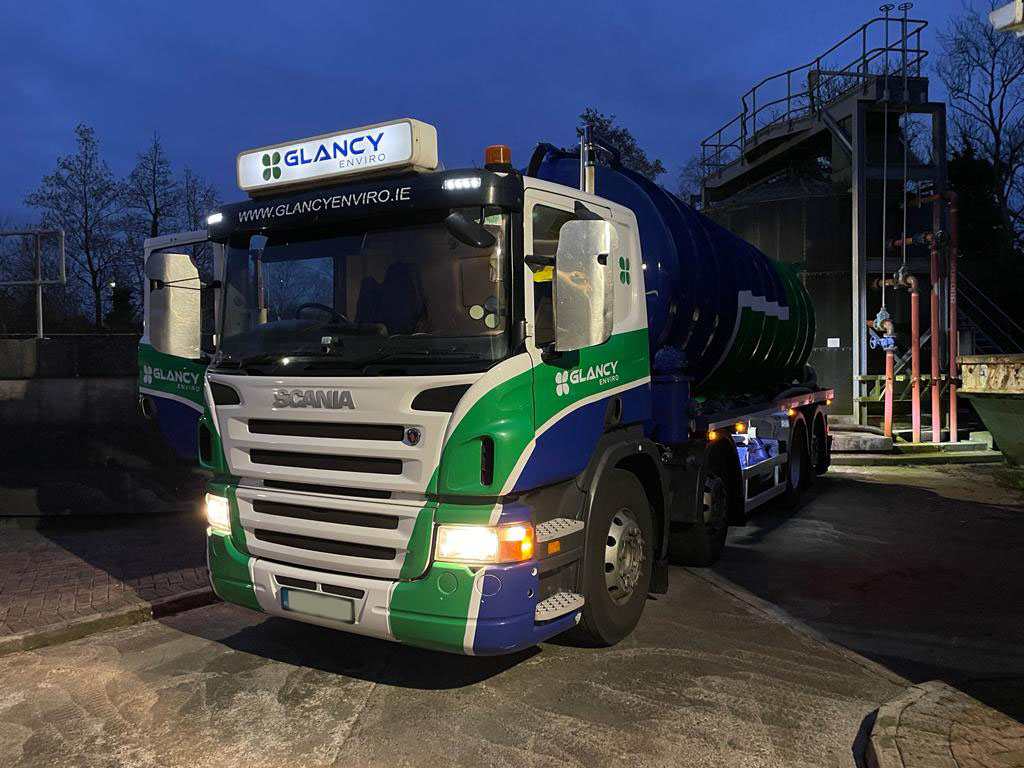Some Of Reclaim Waste
Some Of Reclaim Waste
Blog Article
Little Known Facts About Reclaim Waste.
Table of ContentsReclaim Waste for DummiesThe smart Trick of Reclaim Waste That Nobody is Talking AboutReclaim Waste for DummiesThe Basic Principles Of Reclaim Waste The 8-Minute Rule for Reclaim Waste
With correct liquid waste monitoring, companies can decrease energy-intensive therapy procedures and disposal prices. By following a system for taking care of fluid waste, companies can avoid costly fines and charges and avoid adverse publicity.(https://soundcloud.com/reclaimwaste1)Collect depictive samples from numerous points within the waste stream to guarantee precision. Conduct routine testing to track any type of adjustments in the composition. Preserve detailed documents of characterization for future referral and conformity objectives. Fluid waste, especially dangerous ones, positions significant risks during this step. Correct treatments lessen spills, leakages, and various other accidents that could hurt the employees and the public.

is called for when the effluent will certainly be recycled or released into community pools. Disinfection (e.g., chlorination, ultraviolet light, ozonation) and nutrient removal (e.g., denitrification and phosphorus removal) are recommended under strict regulations. This phase while doing so is strictly managed since it is when most dangers happen. Many companies went against several fluid garbage disposal laws in recent times.
Not known Incorrect Statements About Reclaim Waste

Superficial containers include liquid waste that is allowed to evaporate via natural processes. This kind of disposal is subject to rigorous environmental policies due to possibly hazardous emissions.
The searchings for should be documented, analyzed, and stored not just for submission to regulatory authorities however likewise for making renovations in the future. Share details with pertinent stakeholders (e.g., staff members, regulative federal government companies, and nearby communities) to maintain openness and liability.
No matter the business size or sector, there are countless obstacles linked with this job. Recognizing these can assist them efficiently manage their procedures and reduce their environmental effect. makes it difficult to treat and take care of fluid waste safely. Companies that can not spend in centers must think about teaming up with the general public market for better solutions.
6 Simple Techniques For Reclaim Waste
By carrying out extensive monitoring systems that include therapy and recycling techniques, normal monitoring, threat assessments, and adherence to regional and government policies, commercial centers can add to the protection of groundwater supplies, ensuring their accessibility for future generations (liquid waste removal). Allow's delve into the relevance of effective fluid waste monitoring in the industrial field, focusing on its implications for guarding groundwater resources
The contamination of groundwater resources as a result of inappropriate liquid waste management in the commercial market has far-ranging consequences for human health, agriculture, and the atmosphere all at once. A few of the prospective effects triggered by such contamination include: Polluted Alcohol consumption Water Supplies: As groundwater supplies a substantial part of our drinking water, air pollution from commercial tasks can bring about hazardous chemicals and bacteria entering our water systems, positioning health dangers for people.
Reduced Agricultural Performance: Farming counts greatly on groundwater for irrigation; as a result, polluted water can hinder crop returns, infect farming items, and impact food safety. Given the importance of protecting groundwater resources, it is crucial for businesses to take a positive position in handling their liquid waste responsibly and avoiding pollution.
A Biased View of Reclaim Waste
Liquid waste can contaminate land and pollute waters. Info regarding dealing with and keeping liquid waste, reacting to spills and minimizing liquid waste is readily available in the adhering to fact sheets and support:.
The role of waste management specialists in protecting this priceless source can not be overemphasized. Contaminated water and polluted effluent management: Guaranteeing that dangerous fluids are securely gotten rid of and treated prior to they can harm our water resources.
Therefore, incorporating lasting fluid waste management right into economic planning improves economic stability and safeguards the atmosphere, demonstrating the worth of this technique. In final thought, taking on professional fluid waste management practices is essential for making certain a sustainable future, check that protecting our environment and safeguarding the well-being of future generations.
When it involves throwing away waste, adhering to proper procedures is essential for a multitude of factors. Appropriate waste disposal is not almost cleanliness; it has to do with making certain the wellness of our environment, health, and the reliable usage of sources. Recognizing the value of effective waste monitoring can help all of us add to a much healthier, cleaner earth.
Some Known Questions About Reclaim Waste.
Effective waste monitoring assists preserve clean roads and public rooms, lowering the visual impact of litter and making certain that waste does not damage wild animals. When waste is not taken care of effectively, it can bring about contamination, where hazardous substances can seep right into the dirt, water systems, and the air, developing lasting environmental problems.
Report this page